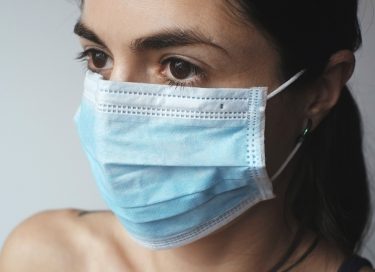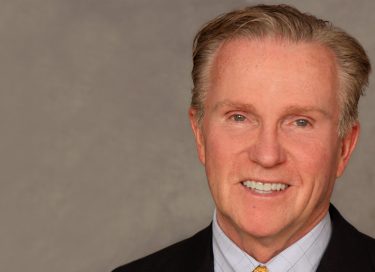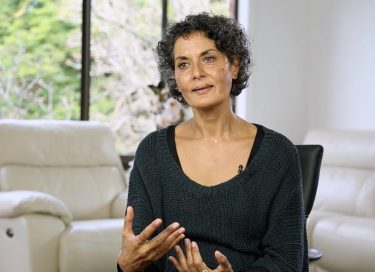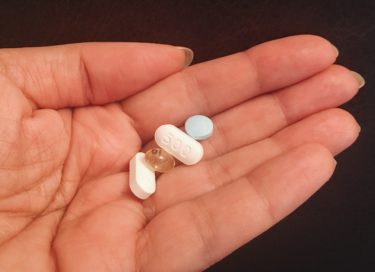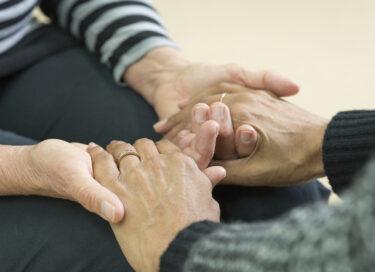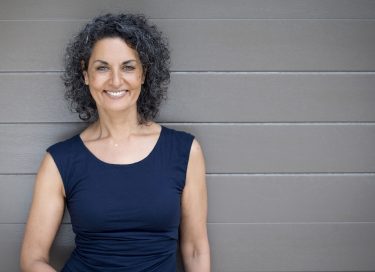Communication in Medicine
The way we communicate (which comes from the Latin ‘communicare’, meaning ‘to share’) can be either good medicine or bad medicine.
We can communicate in a way that makes people feel valued, cared for, supported, even loved, or we can communicate in a way that makes them feel less than us, uncared for, and other unpleasant feelings.
Communication is not just about the words we use. It is about the tone we speak them in, the gestures that accompany them, our body language … for communication is an energy that is felt in the body and shared between bodies.
The state we are in determines the quality of our communication, both what we share and what we receive, and it is our responsibility to care for ourselves deeply, so that same quality of care is shared in all of our communication.
Read more
Loving communication is about deeply caring for people, as fellow human beings, no matter what ‘role’ they play in our lives, whether they be patients, colleagues, family or friends.
The strength of all our relationships lies in our ability to care about and truly communicate with each other, to share ourselves from the deepest part of our being.
Latest Articles on Communication in Medicine
Blind spots
We all have blind spots in our fields of vision, that can be mapped. This is a known fact in Medicine. What is not so well known or accepted is that we as doctors also have blind spots, not just in our visual fields but in our perceptions of life, that are influenced by our beliefs and ideals.
Masks: are you wearing one?
It’s 2020. The Year of the Mask. Whether you are a medical professional or not, you will have been asked to wear them, discern their worth, determine which type is best for you, consider their real purpose and deliberate on where you stand with respect to the health benefits they may offer you personally or the population as a whole.
A Dance
My husband often works at the hospital at night and so as the saying goes, we are two ships passing, living a dance where...
Coronavirus and contagion: what are we passing on?
My husband works as a doctor in a hospital so I am frequently reminded of the constant demand health professionals are under. On a...
Why half our patients don’t tell their doctors life-threatening details
I recently read an article stating that nearly half of patients who were surveyed online admitted they don’t tell doctors potentially life-threatening details of...
The Key to Orienting Incoming Residents and Fellows
I recently had a chance to speak to State University of New York (SUNY) Downstate’s incoming residents and fellows about well-being and self-care.
These women...
The power of communication in medicine
Medicine has a language all of its own – a combination of Ancient Greek, Latin, people’s names, made-up words and acronyms – but what...
A Touching New York Story
This piece is a departure from my usual missives on physician health and suicide. I want to share an experience I’m sure many readers...
The Nocebo Effect
I read an article (1) recently on the nocebo effect, which is the opposite of the placebo effect. When a person expects a side-effect...
Compassion, empathy and sympathy – what do they truly mean?
As a profession, medicine is beginning to be aware that we must care for the whole person, if we are to truly practise the...
Doctors can learn about life from their patients
Doctors aren’t supposed to have favourite patients.
We are not supposed to feel anything, really. We are supposed to be objective, dispassionate, and to not...


